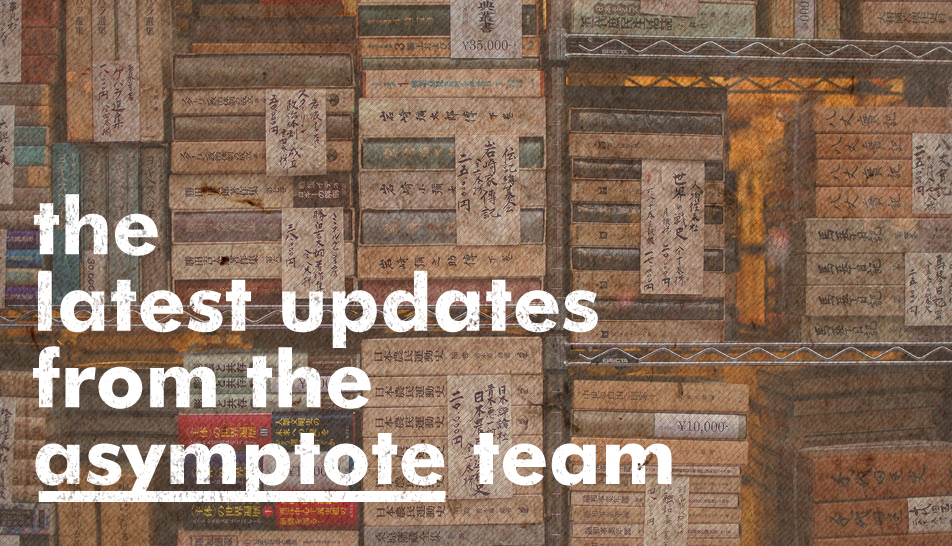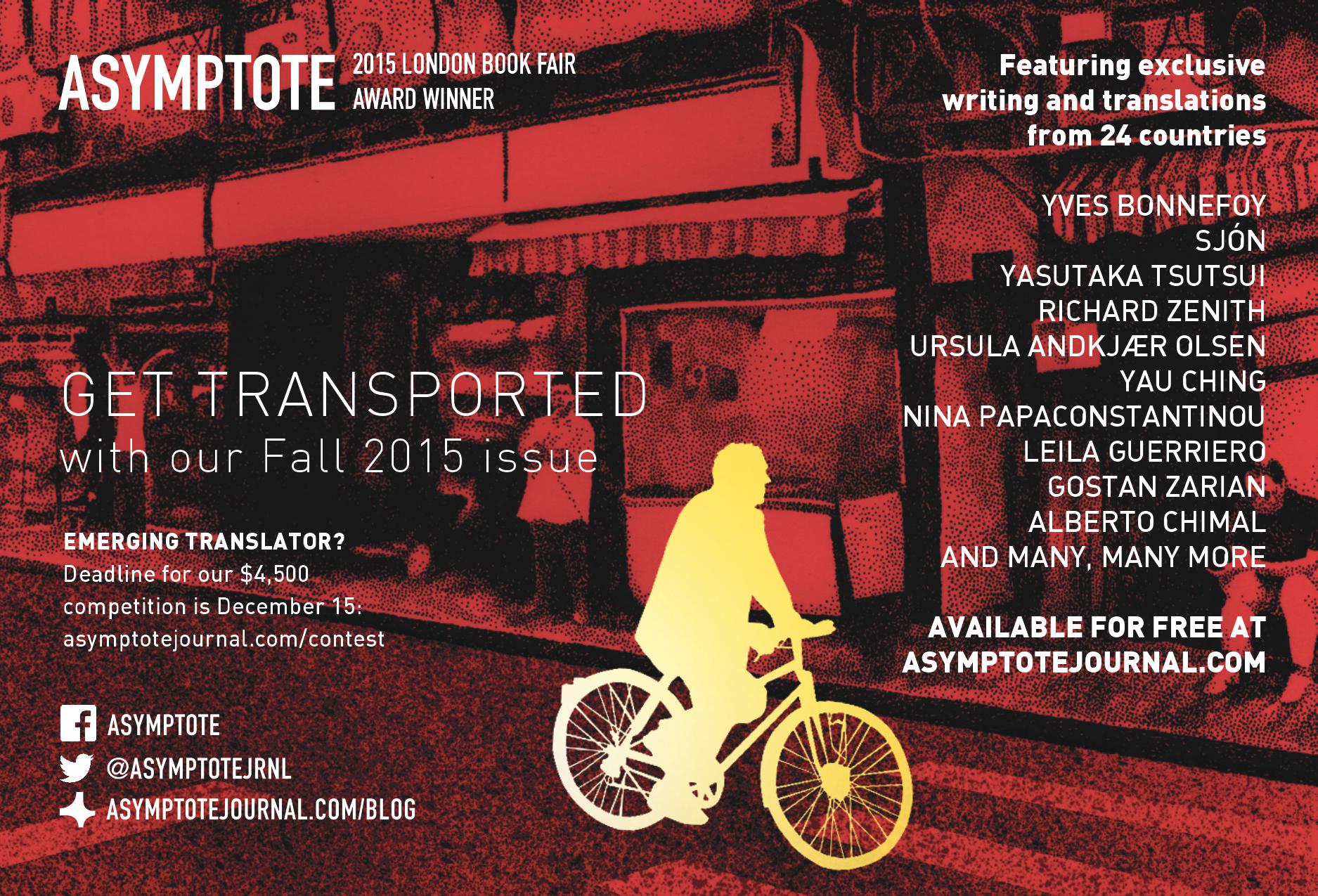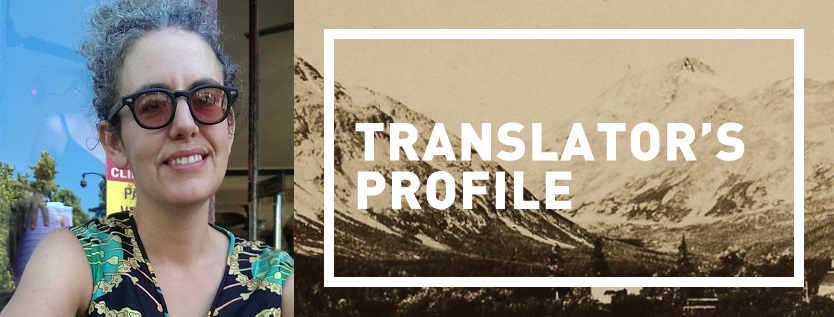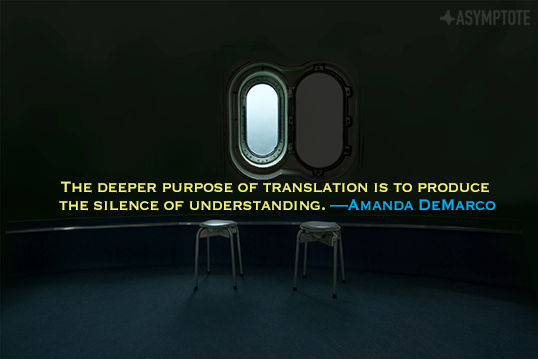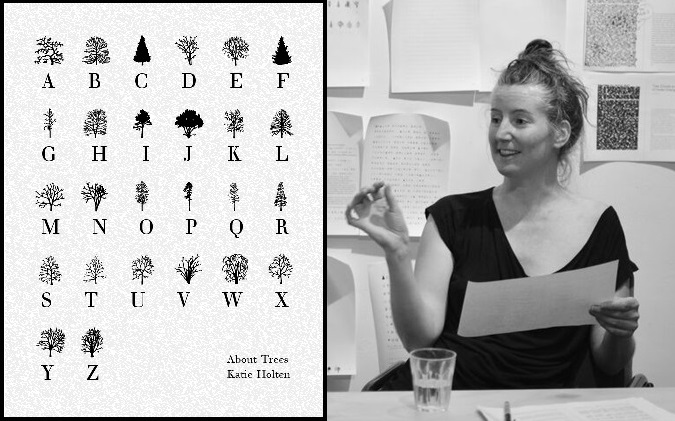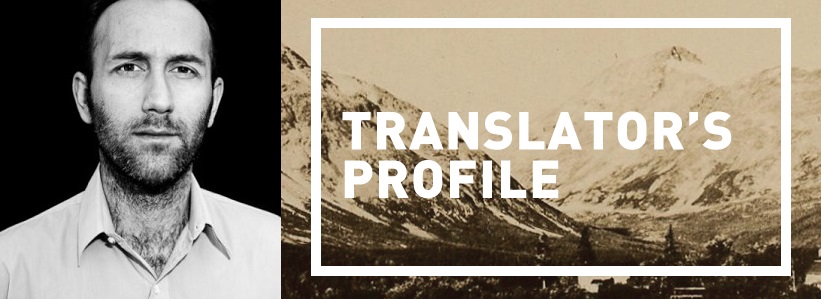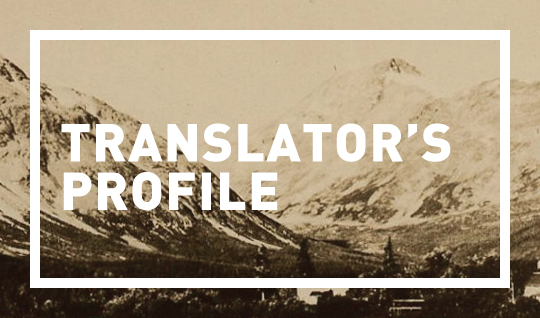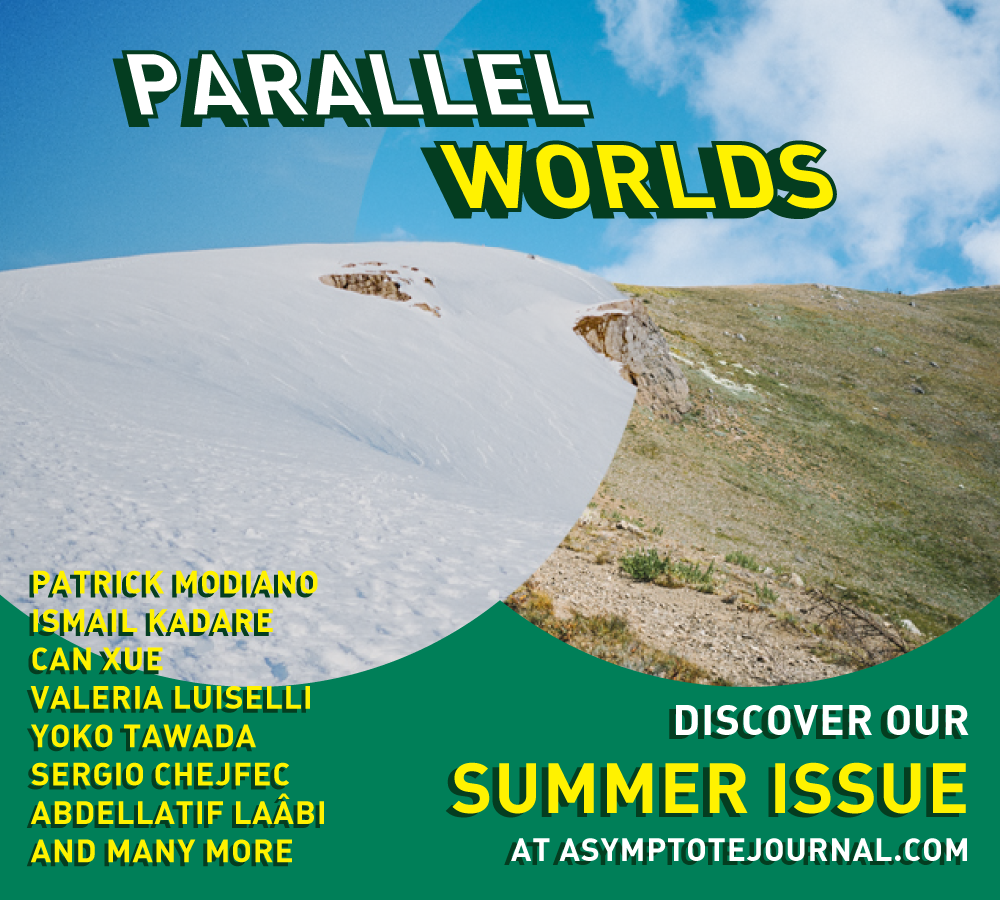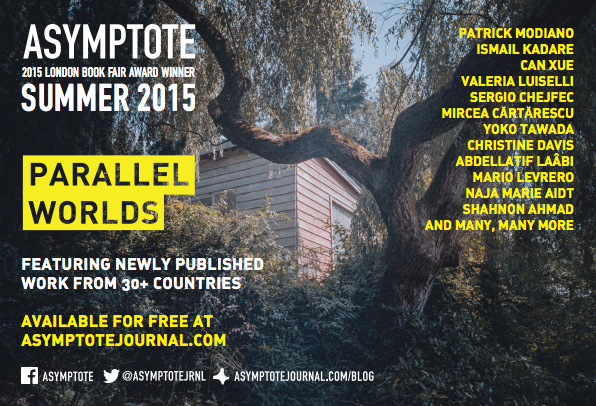In this episode, we look at divergent forms of storytelling in translation—from the fact-centered world of literary reportage to the poetic proclamations of a third-millennium heart. Beatrice Smigasiewicz brings us coverage from Krakow’s Conrad Festival, where she caught up with one of Poland’s most prominent writers of literary nonfiction, Mariusz Szczygieł, and his award-winning translator, Antonia Lloyd-Jones. They discuss the legacy of 20th century reportage in Polish literature and the power of storytelling in dealing with the country’s wartime experience and postwar Communist era. Katrine Øgaard Jensen presents new translations of poems from Ursula Andkjær Olsen’s Third-Millennium Heart, an explosive collection that pushes story to the limit—breaking every rule of storytelling and yet bringing us a character who feels real. Olsen won the prestigious literary award Montanaprisen in 2013 for the book, excerpted here in its original Danish along with English translations.
Podcast: Play in new window
| Download


